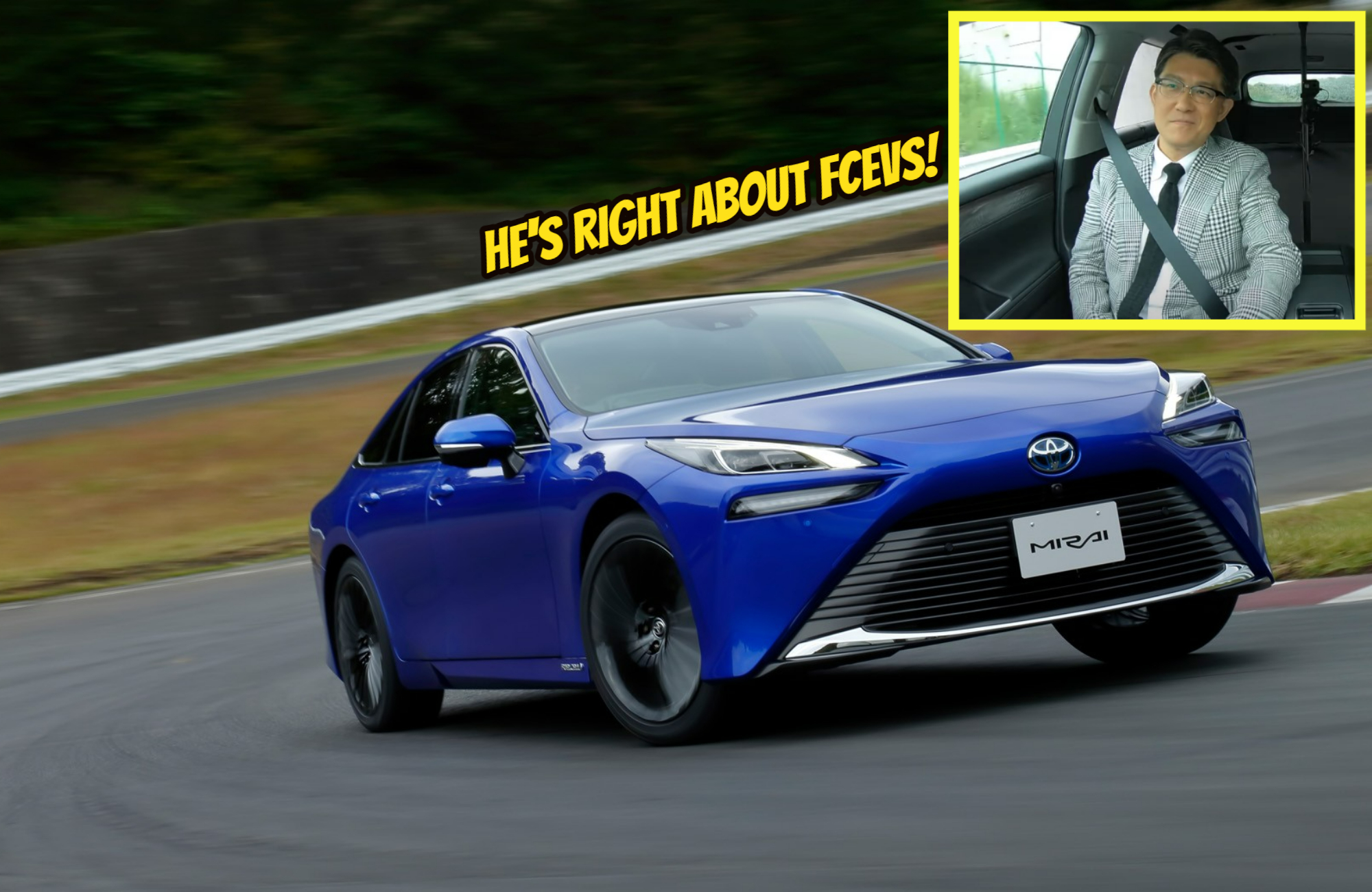In order to understand the significance of Toyota's focus on hydrogen-powered cars, it is important to first address the drawbacks of battery-electric vehicles (BEVs). Although BEVs have proven to be an effective means of reducing greenhouse gas emissions, they suffer from limited driving range and longer charging times. Additionally, the production and disposal of lithium-ion batteries used in BEVs present their own environmental challenges. These factors contribute to what is commonly known as "range anxiety," which deters many consumers from considering electric vehicles as a viable option for their daily commute or long-distance travel.

On the other hand, hydrogen-powered vehicles, also known as fuel cell electric vehicles (FCEVs), offer several advantages that make them an appealing alternative. One of the most compelling benefits of FCEVs is their superior range and refueling speed compared to BEVs. While BEVs need to be charged for a significant amount of time, FCEVs can be refueled in a matter of minutes, providing a more convenient solution for consumers.
Another advantage of FCEVs is their zero-emission nature. Hydrogen-powered vehicles only emit water vapor, making them an environmentally friendly option. They can play a crucial role in reducing air pollution, particularly in densely populated urban areas where clean air is a pressing issue. By prioritizing hydrogen-powered cars, Toyota's new CEO demonstrates a commitment to sustainability and a willingness to tackle these environmental challenges head-on.
Moreover, hydrogen fuel cells offer additional versatility when it comes to energy storage and utilization. Unlike batteries, which can only be used in electric vehicles, hydrogen can be utilized in a variety of sectors beyond transportation. It can be used for energy storage, providing backup power during times of high demand or low supply. This flexibility makes hydrogen a valuable resource, contributing to a more resilient and reliable energy infrastructure.
In terms of infrastructure development, hydrogen refueling stations are experiencing significant growth worldwide. Several countries, including Japan and Germany, have already established networks of hydrogen stations, allowing FCEV owners to confidently travel longer distances. As more refueling stations are built, the notion of "range anxiety" associated with electric vehicles can be effectively eliminated, enhancing the overall appeal of hydrogen-powered cars.
While it is true that the production, storage, and transportation of hydrogen present their own set of challenges, Toyota has been investing in research and development to improve these aspects. The company is actively working towards reducing the costs of fuel cell systems and improving hydrogen production methods. These ambitious endeavors ensure that Toyota remains at the forefront of FCEV technology and establishes itself as a pioneer in the industry.
In conclusion, Toyota's new CEO is making the right decision by prioritizing hydrogen-powered cars. As an alternative to battery-electric vehicles, hydrogen-powered vehicles offer superior range, quick refueling, and zero emissions, addressing the main concerns associated with electric vehicles. The versatility and potential of hydrogen as an energy source present numerous opportunities beyond transportation. With growing infrastructure and continuous advancements in technology, hydrogen-powered cars have the potential to revolutionize the automotive industry and contribute to a greener, more sustainable future.
Keywords: hydrogen-powered cars, fuel cell electric vehicles, battery-electric vehicles, BEVs, range anxiety, sustainability, zero emissions, hydrogen fuel cells, infrastructure development, energy storage, transportation, research and development, Toyota, CEO.
